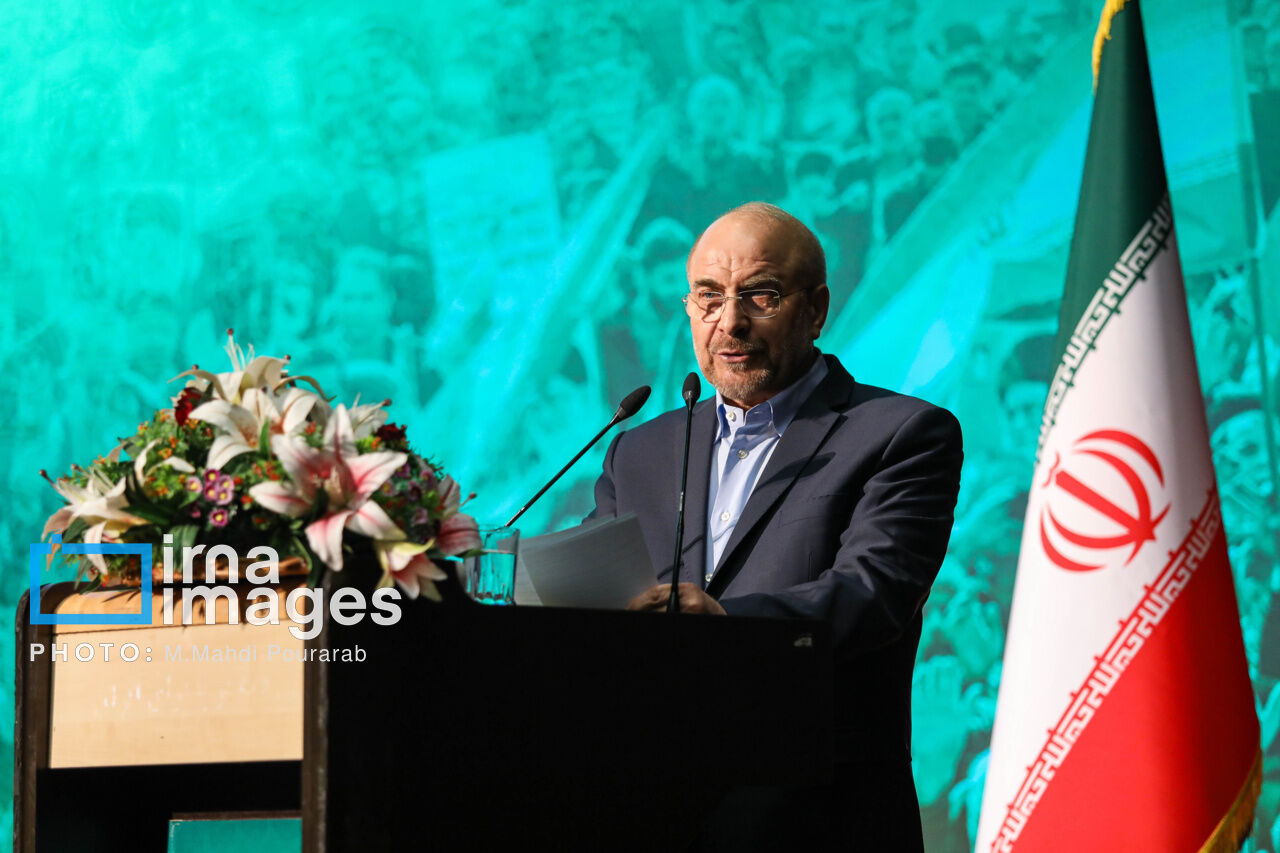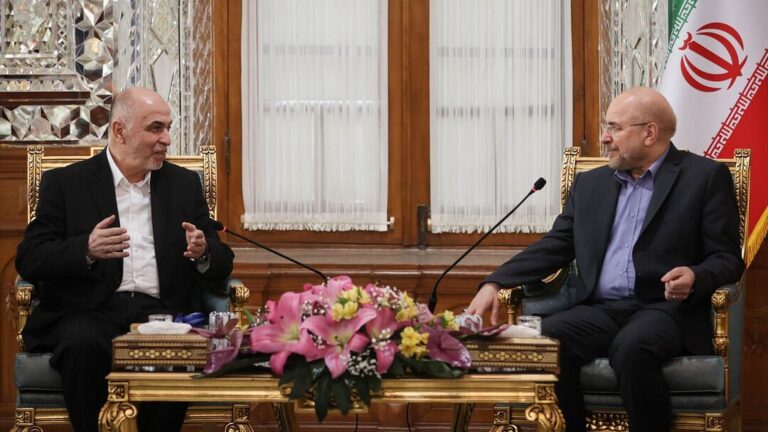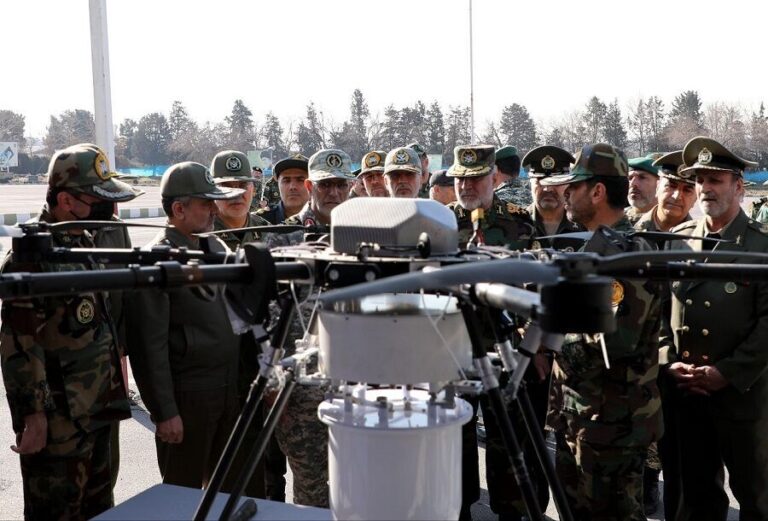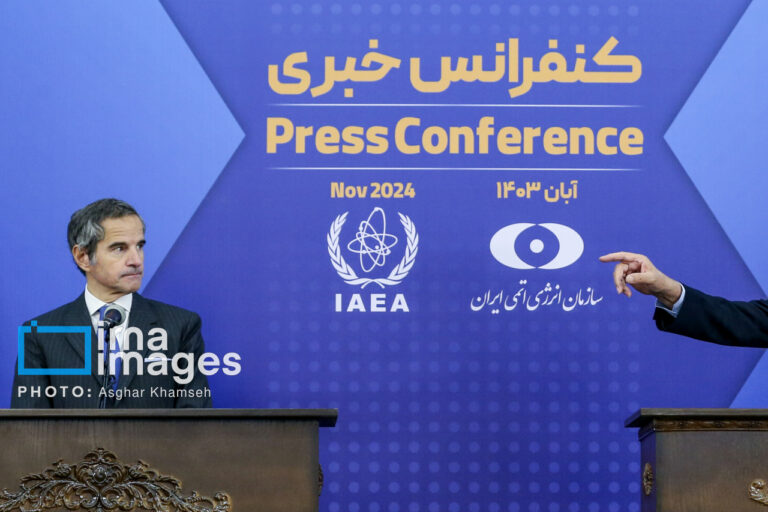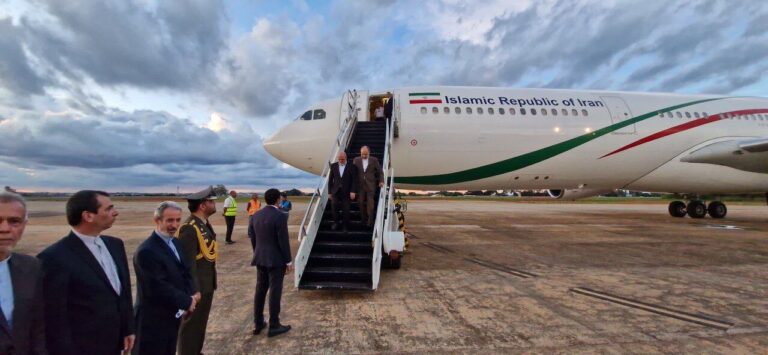Parliament Speaker Sounds Alarm on Dangerous Polarization in Negotiating with Adversaries
In a recent address, Iranian Parliament Speaker Mohammad-Baqer Qalibaf emphasized the importance of avoiding rigid divisions in the public debate regarding negotiations with Iran’s adversaries. This discussion has become increasingly relevant as tensions persist between Iran and the United States.
During a gathering of commanders and staff from the Islamic Revolution Guards Corps (IRGC) on Saturday, Qalibaf specifically directed his comments towards a faction often referred to as “the revolutionary front” in Iran. He remarked on the necessity of unity in the face of differing opinions about negotiations.
- “The Supreme Leader of the Revolution yesterday adopted a transparent and clear position about… negotiating,” Qalibaf noted.
- He urged that “the president and cabinet members should definitely advance matters in accordance with the statement of the Leader of the Revolution.”
- Furthermore, he cautioned against creating two opposing factions: “In this atmosphere, we should not create two opposite poles and turn people into supporters and opponents of negotiating.”
On Friday, the Leader of the Islamic Revolution, Ayatollah Seyyed Ali Khamenei, expressed that negotiations with the United States government were “unwise” and “not honorable.” He reflected on Iran’s previous experiences, particularly the 2015 nuclear deal with six world powers, including the U.S.
- Khamenei pointed out that the U.S. administration failed to uphold its obligations under the agreement.
- He criticized the subsequent administration’s decision to withdraw from the deal, stating, “The Americans did not comply with that very agreement.”
- He specifically referenced President Donald Trump tearing up the agreement after taking office.
Trump’s administration initiated a campaign of “maximum pressure” on Iran following the withdrawal from the deal in 2018. This included the controversial assassination of IRGC commander Major General Qassem Soleimani two years later.
Recently, after taking office for a non-consecutive second term, Trump signed a presidential memorandum to renew this pressure on the Islamic Republic. His statements about a willingness to engage in talks with Iran have ignited further debate within the country about potential negotiations.
Qalibaf firmly stated, “Trump is Martyr Soleimani’s murderer,” reinforcing the sentiment that any negotiations with the U.S. under current leadership are contentious. He concluded with the assertion, “And the Leader… saying that negotiating with America is not honorable… it is in fact so.”
